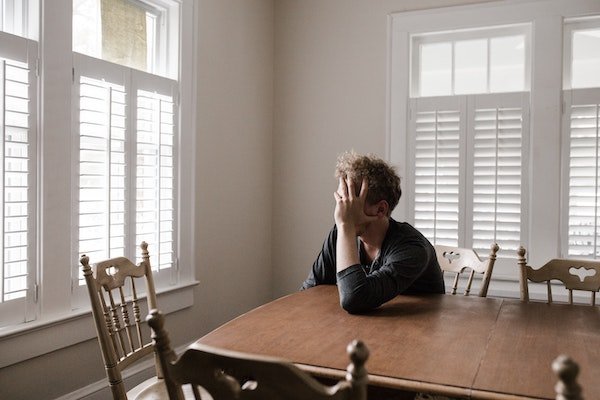Depression: Types, Symptoms, and Treatments
Feeling down from time to time is normal and something everyone experiences, but when feelings of hopelessness, sadness, and despair take hold and just won’t go away, depression could be to blame. More than just sadness in response to the stresses and strains of life, depression changes how a person thinks, feels, and functions in their day-to-day life. It can interfere with a person’s ability to work, eat, sleep, and enjoy life. In many cases, just trying to get through the day can feel like too much.
In this article, we’ll be reviewing the types of depression, signs and symptoms, and what you can do if you suspect you’re suffering from this mental health condition?
What are the types of depression?
There are seven different types of depression, including:
Major depressive disorder (MDD): Intense or overwhelming symptoms that last longer than two weeks.
Bipolar depression: Alternating periods of low mood and extremely high-energy periods.
Perinatal and postpartum depression: Depression that occurs around birth and up to one year after having a baby.
Persistent depressive disorder (PDD): Also known as dysthymia, symptoms of PDD are less severe than major depression but are often experienced for two years or longer.
Premenstrual dysphoric disorder (PMDD): A severe form of premenstrual disorder (PMS) that affects women leading up to their period.
Psychotic depression: Severe depressive symptoms with delusions or hallucinations.
Seasonal affective disorder (SAD): Seasonal depression that usually starts in late fall and early winter and goes away during the spring and summer.
Signs and symptoms of depression
How can you tell if your feelings have crossed the line from normal feelings to depression? Depression manifests differently from person to person, but there are some common signs and symptoms of depression in women and men to look out for. These include:
Feeling very sad, hopeless, or worried
Not enjoying things that used to give you joy
Being easily irritated or frustrated
Eating too much or too little
Changes in how much you sleep
Having a difficult time concentrating or remembering things
Experiencing physical problems like headaches, stomachaches, or sexual dysfunction
Thinking about hurting or killing yourself
How depression is treated
Depression is a serious mental illness, but thankfully, it’s treatable. Treatment for depression includes:
Self-care: Regular exercise, eating a healthy diet, getting enough sleep, and spending time with friends and family can help improve depression symptoms.
Counseling/therapy: Counseling or psychotherapy involves talking with a mental health professional who helps you address your problems and develop coping skills.
Medication: Prescription medication called antidepressants can help change the brain chemistry that contributes to depression.
Alternative medicine: People with mild depression can sometimes improve their symptoms with therapies such as massage, acupuncture, hypnosis, biofeedback, supplements, and herbs.
Brain stimulation therapy: For people with severe depression, brain stimulation therapy—such as electroconvulsive therapy (ECT), transcranial magnetic stimulation (TMS), and vagus nerve stimulation (VNS)—can help.
Interventions for depression in Plainfield, IL
If you suspect you have depression or have been diagnosed with depression, it’s important to reach out for help and receive the care you need. Depression therapy can help. Contact A New Day Family Counseling today by calling (815) 683-8700 or sending us a message. We’d be honored to support you on your path back to happiness and well-being.

